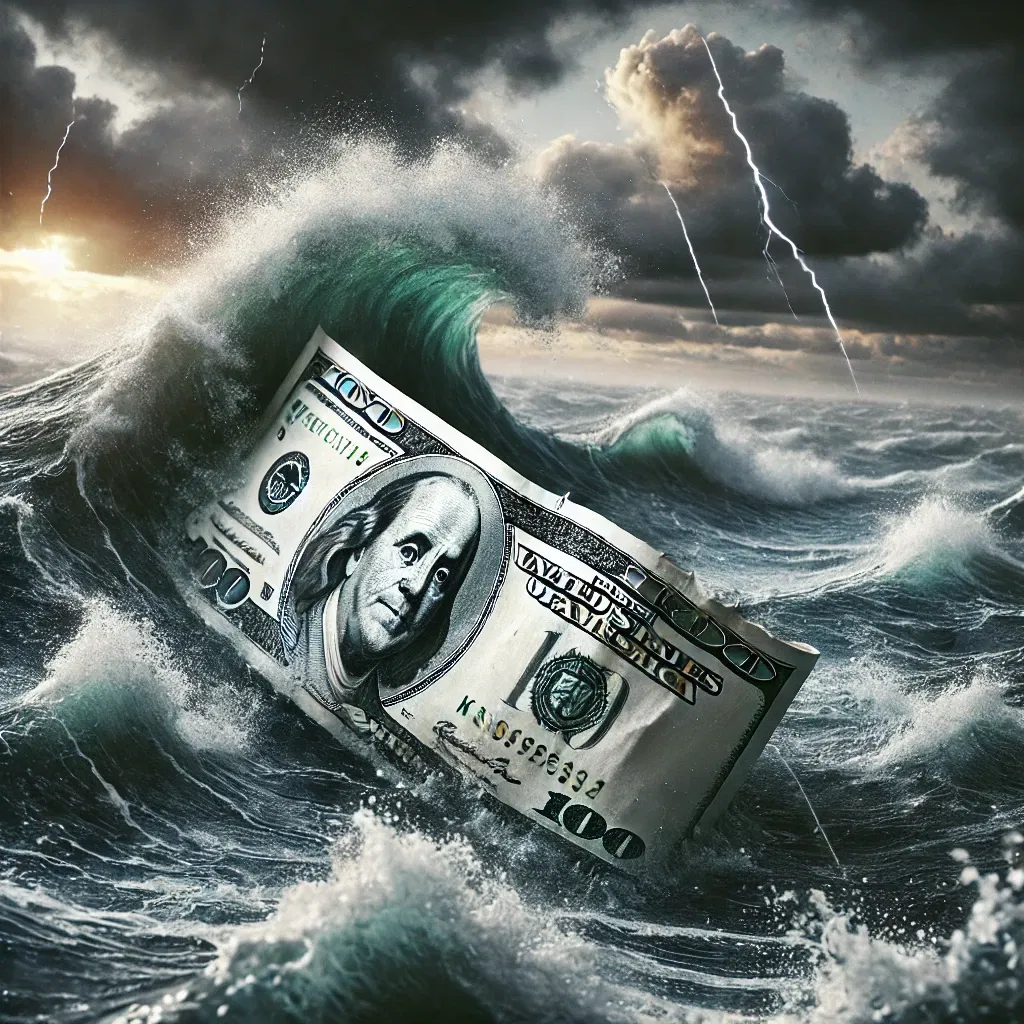





As of November 21, 2024, the US dollar continues to demonstrate remarkable resilience amidst a shifting global economic landscape. Key factors contributing to the dollar's strength include the United States' economic stability, robust GDP growth, low unemployment rates, and solid corporate earnings. These elements create a favorable environment for investment, further bolstered by the Federal Reserve's hawkish monetary policy, which has raised interest rates to attract foreign capital. This influx of investment into US markets increases demand for dollars, reinforcing its value as a global currency. [ccdbf300]
The dollar's status as the primary international reserve currency plays a significant role in maintaining its strength. Currently, it accounts for approximately 60% of global foreign exchange reserves and 50% of international debt. This dominance is evident in SWIFT transactions, where the dollar's share rose from 42.5% in August 2021 to 60% in July 2024, illustrating its continued importance in global trade. [758e3e95]
Recent analysis by Peter C. Earle emphasizes that while taxation contributes to fiscal stability, it is not the main driver of the dollar's strength. The primary factors are the dollar's reserve currency status and global confidence in US markets. Investor confidence in the US economy is crucial, as demand for the dollar is supported by international trade practices and the attractiveness of US financial assets. [fd4258b8]
Geopolitical stability further enhances the dollar's appeal as a safe-haven currency. In light of recent global tensions, investors have increasingly turned to the dollar for security, which has helped maintain its value. Former President Donald Trump has emphasized the necessity of preserving the dollar's reserve currency status, noting its current share of 54.8% in global central bank holdings, a decline from 70% in the late 1990s. [6eeb7870]
However, the dollar faces challenges from developing nations pursuing de-dollarization and creating alternative currencies for trade. Treasury Secretary Janet Yellen has acknowledged that recent US sanctions have accelerated this movement. Despite these challenges, the US share of global GDP has risen from 21.1% in 2011 to 26.3% in 2024, supported by innovation from private companies like Tesla and SpaceX. [646af1fb] [0d3e3624]
Economist Art Laffer has raised concerns about the dollar's future, warning that current economic policies could lead to its decline. He suggests that alternatives like bitcoin, gold, or other currencies could replace the dollar on the global stage if sound monetary practices are not restored. Additionally, central banks are diversifying their reserves into gold, trading approximately $80 billion in dollar reserves for gold, which could drive gold prices significantly higher if this trend continues. [6eeb7870]
In conclusion, while the US dollar remains strong due to various factors such as economic stability, technological innovation, and geopolitical safety, the need for a strategic shift in policy is pressing. The Federal Reserve's monetary policy will be crucial in maintaining confidence in the dollar as a multi-currency world emerges, presenting both challenges and opportunities for a balanced global economy. [ccdbf300]